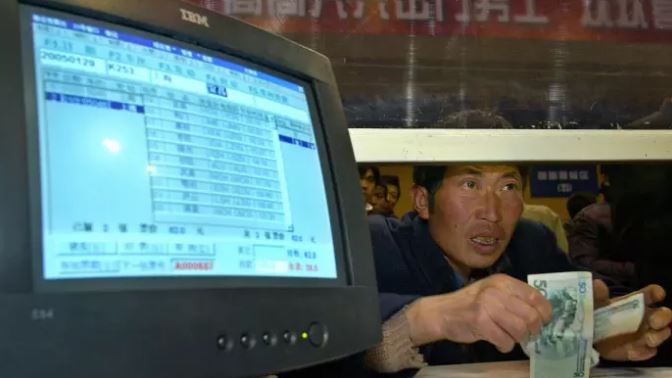Data from state media: Xi Jinping is not a reformer – China’s latest political and current affairs news
A summary of the top news in Chinese politics and current affairs for July 19, 2017. Part of the daily The China Project newsletter, a convenient package of China’s business, political, and cultural news delivered to your inbox for free. Subscribe here.

Bloomberg has summarized the results of an analysis by Qian Gang at the China Media Project at the University of Hong Kong, which showed that President Xi Jinping has presided over a state media environment much more focused on control and strong leadership than on reform. Here are the details:
- Although not everyone agrees that Xi aims to build a personality cult or what exactly that would mean, Qian noted, “We haven’t found any politician whose name has been used with an intensity even close to Xi Jinping’s” — and their database stretches back to 1946.
- Another interesting finding from the data: “Belt and Road” has quickly surpassed “Chinese Dream,” “Deepening Reform,” and even the more recent “Supply-Side Reform” as the dominant phrase in Party messaging during Xi Jinping’s first term as president.
- Other references to reform, including to Deng Xiaoping, China’s famous leader of the decades-long “reform and opening up,” have markedly decreased in frequency since Xi has led the country starting in late 2012.
The Party-state surveillance apparatus has also kicked into higher gear to censor dissent and calls for political reform from within the country, in two recent developments:
- The Wall Street Journal reports (paywall) that China’s censors have developed “the ability to delete images in one-on-one chats as they are being transmitted, making them disappear before receivers see them.”
- This follows news from July 17 that, for the first time, censors had implemented “image filtering in one-to-one chat, in addition to image filtering in group chats” to muzzle online reaction to Liu Xiaobo’s death. Read more coverage of the aftermath of Liu’s death and the political climate in China at the links below.
-
Border disputes
China is being ‘unusually aggressive’ in border row / SCMP
“Indian diplomat adds that New Delhi wants diplomatic settlement to dispute involving Bhutan.” -
The Philippines
China is helping redevelop what was once the U.S.’s largest overseas military base / Quartz -
Liu Xiaobo and dissent
China’s ocean burial of Liu Xiaobo backfires as activists stage sea protests / The Guardian
Malala condemns China over death of fellow Nobel laureate Liu Xiaobo / Reuters
Activist Xu Zhiyong leaves prison, but situation unclear / China Digital Times
Opinion: The varied views of dissidents in China — a response to James Palmer / Los Angeles Review of Books
The logic behind China’s treatment of Liu Xiaobo / Financial Times (paywall)






